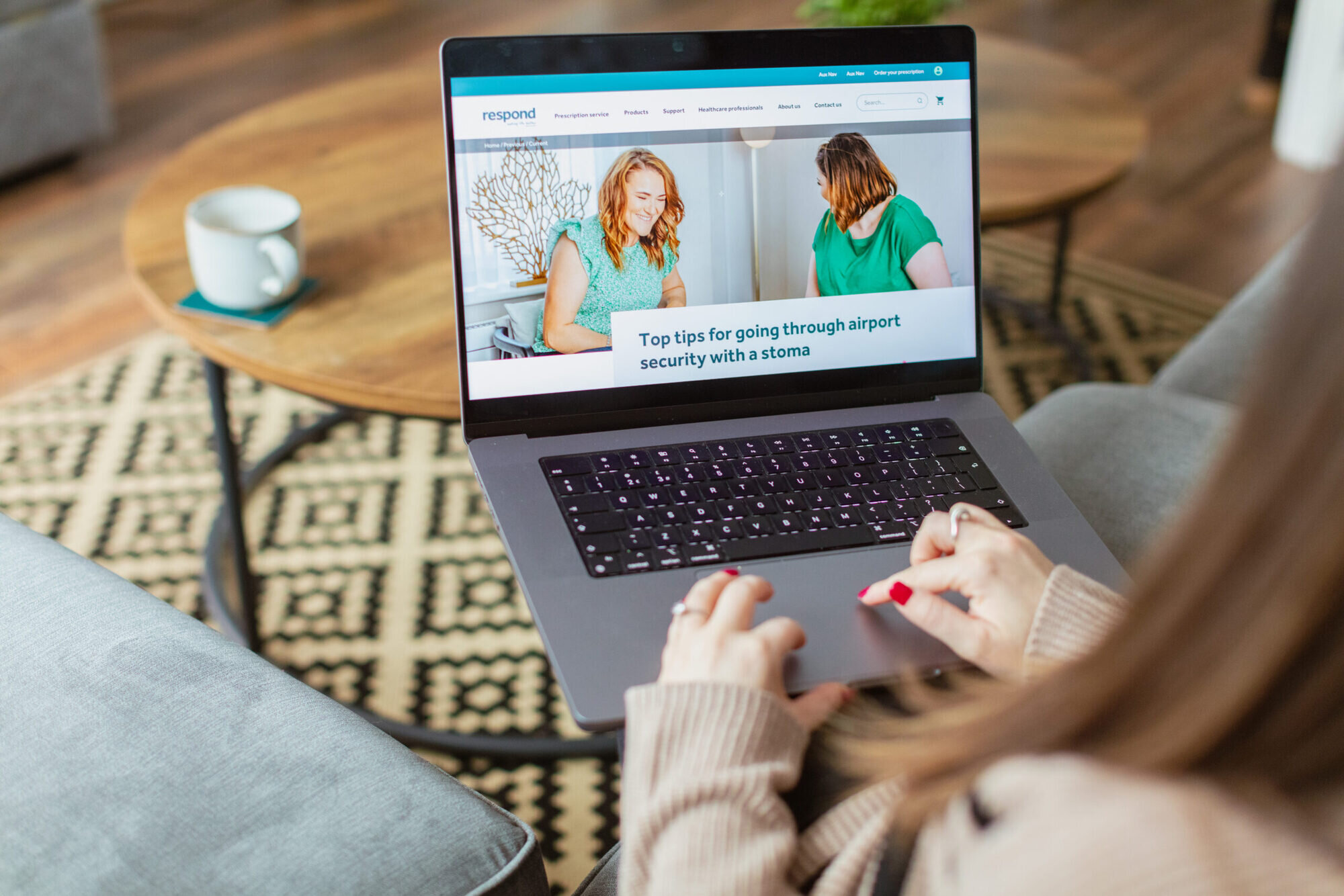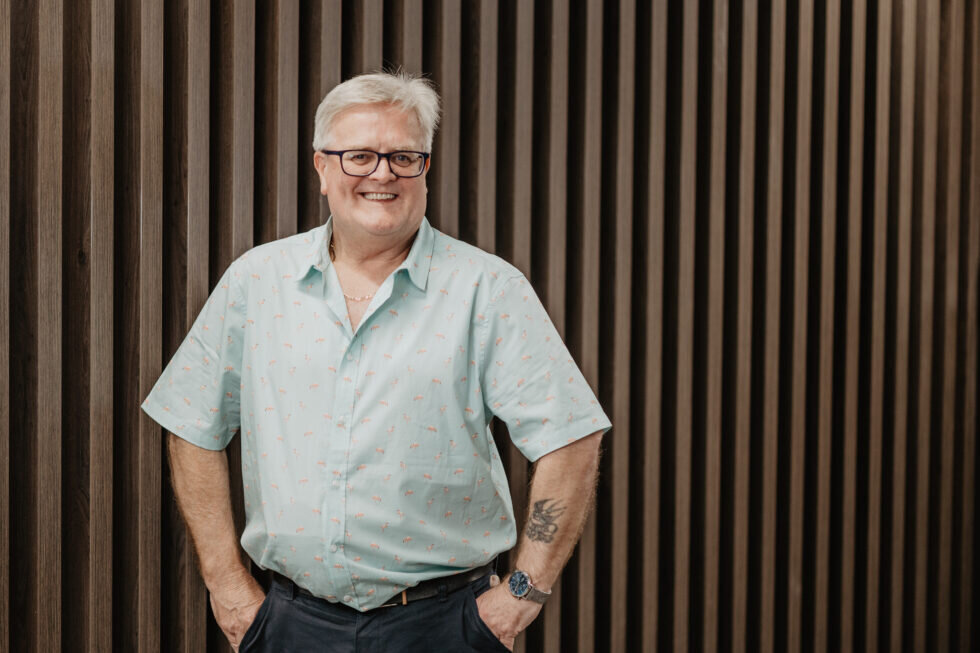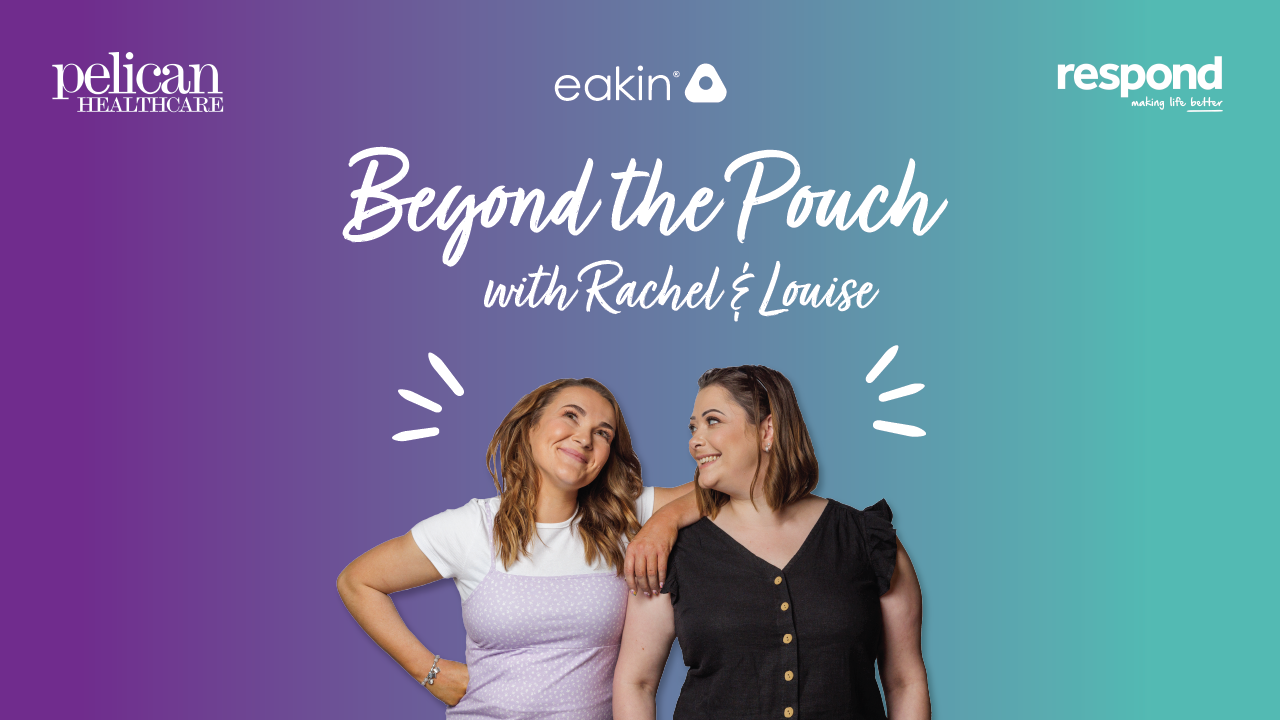Events
Check out all the latest news and information about all of the latest online and in-person events that we are hosting!
Explore moreBeyond the Pouch Podcast: inspiring stories about life with an ostomy
Welcome to Beyond the Pouch, the podcast that takes you on a captivating journey into the world of ostomy. Get ready to dive into open and honest conversations as we explore the inspiring lives of ostomates and uncover the incredible stories and experiences beyond the pouch.
Catch up on all our episodes!






